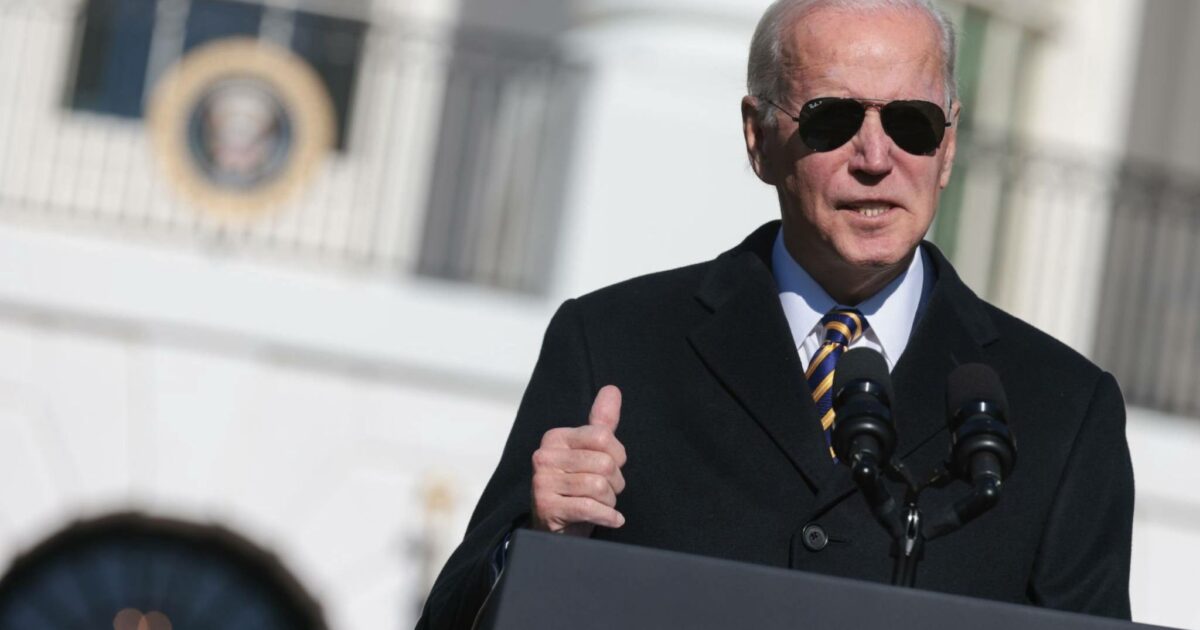In The Wealth of Nations, Adam Smith wrote, “It is the maxim of every prudent master of a family, never to attempt to make at home what it will cost more to make than to buy.”
Smith then projects his observation of a household to that of a nation: “What is prudence in the conduct of every private family, can scarce be folly in that of a great kingdom.”
A provision in the misnamed “Inflation Reduction Act” ignores Smith’s wisdom, and it will help to worsen, not reduce, inflation.
To qualify for the act’s tax credit of up to $7,500 on the purchase of an electric vehicle (EV), the vehicle’s battery must be made of minerals and components mostly extracted and produced in America, or otherwise in a country with which the US has an explicit free trade agreement. This provision excludes the output of many countries, including those in Europe, which can mine and produce the needed minerals and components at lower costs than American companies can.
Naturally, the provision has angered many member nations of the European Union, with some warning of “tit for tat” retaliatory restrictions or subsidies to punish American industries. A joint task force comprising US and EU representatives met Dec. 5 to attempt to address this issue.
But potential trade wars are not the only downside to such domestic favoritism.
As Smith cautioned, insisting on building at home that which could be acquired at lower cost elsewhere wastes resources. Consumers are hit hardest, as they are deprived of cheaper alternatives. But that’s not the end of the harm.
In this case, if consumers are forced to pay more for EVs, they have less money left to spend on other items, such as clothing, restaurant dining, entertainment, and a host of other things. As a result, businesses in those industries (many of which are domestic businesses) are deprived of revenue. Their profit margins are squeezed, and they are forced to cut back on workers and production.
Inefficient companies are protected from competition by political favoritism, at the expense of consumers and other domestic companies handicapped by government interference. An economy hampered by protectionism is less efficient, and the increased scarcity due to diminished output causes prices to be higher than they otherwise would be.
In this specific case of targeted tax credits for EVs with certain batteries, you might argue that the consumer would not be harmed, because the tax credit would offset any higher price they would pay for the vehicles.
But who is paying for the tax credit?
According to the Congressional Budget Office’s score of the bill, the “clean vehicle credit” will total more than $7.5 billion over ten years. The bill supposedly helps pay for credits such as this one largely through increased taxes elsewhere, along with increased IRS “tax enforcement activities” extracting still more tax dollars. The harms from these increased taxes will fall heaviest on the poor, according to the Joint Committee on Taxation.
In short, tax credits for higher-income people buying expensive electric vehicles will be borne on the backs of the poor.
Moreover, the most likely response from EV sellers will be to raise their prices in response to the tax credit offered to their customers. Say a dealer discovers that a customer is willing to pay $50,000 for an EV. Knowing the customer is eligible for a credit of $7,500, the dealer will raise the price to $57,500.
The EV dealers and manufacturers will get to pocket the extra $7,500, in a classic example of political power-dynamics in which the party in charge rewards their donor class through payouts at the public’s expense.
Protectionist measures such as the one included in the Inflation Reduction Act give the appearance of “protecting American jobs.” In reality, however, the only jobs protected are those in the politically favored companies whose inefficiencies are protected from competition at the expense of other domestic jobs lost and higher prices on consumers.







































